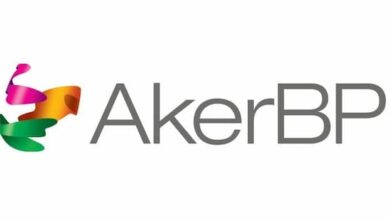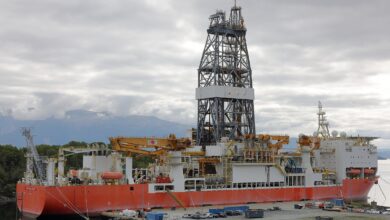Parker Wellbore releases six-point plan to achieve new ESG goals
Parker Wellbore launched its six-point plan to ensure the organization plays a leading role in tackling climate change challenges for its customers. The program is outlined in the company’s inaugural Environmental Social Governance (ESG) report, which addresses the organization’s commitment to key environmental, social, and governance themes.
“This report represents a new forum for sharing our ESG trajectory, including environmental stewardship, social awareness, and strong corporate governance, which are engrained in our mission, vision, values, and company strategy,” said Sandy Esslemont, Parker Wellbore President and CEO. “We all have a duty to safeguard the future for the generations to come, and it is widely acknowledged that time is running out to do that. I believe that the six-point plan released in today’s ESG report will ensure Parker Wellbore contributes to a lower-emissions future, while also improving the quality of life for our teams and the communities they live in, regardless of where they are in the world.”
The report highlights numerous innovative technology solutions coming to market that provide a path to a lower-carbon emitting future, something Mr Esslemont believes the company is in a prime position to influence.
“We have a responsibility to help tackle the climate crisis. Parker has a rich history of tackling seemingly unsolvable problems; we are here to support our customers in their ambitious goals to address climate change,” he said.
As outlined in the report, the company has conducted a greenhouse gas (GHG) emissions study to establish a baseline to help understand the historical and future GHG emissions trends. This baseline has provided a foundation for the company to set emissions goals in the future.
“We have set out new actions to deliver energy transition technology to the market,” said Esslemont. “Our technology will help fight climate change through optimizing processes, enhancing operational performance, and improving efficiency. Not only are we focused on using less energy to achieve the same ends, but we are also committed to lowering carbon emissions arising from the use of diesel fuel in operations at the wellsite.”
In line with its existing 40-year foundation of geothermal activity in Indonesia, the ESG report reveals Parker Wellbore Rig 253 drills for renewable geothermal energy daily. In addition, the rig successfully avoided 162 tonnes of CO2 by implementing its fast-growing technology solution.
The company’s numerous social and governance initiatives and achievements include employee human capital development and training, strengthening the communities where it operates by hiring locally, partnering with strategic charitable organizations and emphasizing the value of all individuals through diversity and inclusion. Parker Wellbore’s governance practices emphasize the importance of ethics, risk management, and internal accounting controls oversight.
The goals outlined in the report are:
- To improve methods to track diesel consumption arising out of rig engine activity at the wellsite that are Parker Wellbore-owned assets;
- To determine how to establish a generally accepted approach for setting specific milestones for increasing gender diversity in US operations based on the percentage of employees;
- To advance human rights through increasing the number of supplier contracts that include supply chain management human right commitments for newly onboarded suppliers;
- To increase local hiring and GeoMarket community-based activities that help build up communities where the company works;
- To embark on a feasibility study to evaluate the company’s capability to map data to measure the percentage of Parker Wellbore’s spending on local suppliers in every GeoMarket around the world; and
- To identify enabling sustainable technology solutions with capacity to lower carbon emissions and increase efficiency in the company’s operations, including real time data measurement technology and digital architecture for fuel usage at the wellsite that supports automation and is capable of integrating with data systems.




